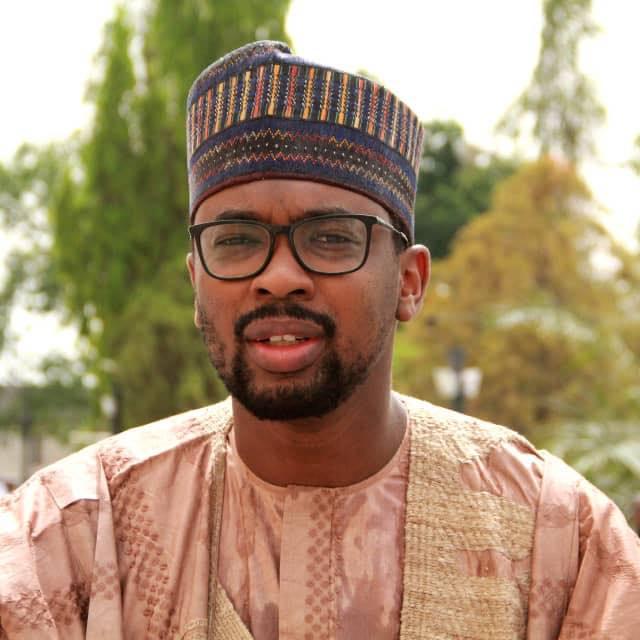Alhaji Muhammad Umar, Emir of Rano, has credited the positive progress in his emirate regarding child spacing to the support received from men, as well as the collaboration with traditional and religious leaders.
Speaking to journalists during their “Solutions Journalism Field Reporting Trip” to his palace, the Emir highlighted that this cultural shift represents a remarkable transformation for the community in recent years.
According to Umar, “Men in our emirate are now embracing various child spacing options. This change has empowered families to have only as many children as they can truly provide for.
Parents now recognize the advantages—children grow up healthier and happier, and mothers experience improved well-being, placing them in a stronger position to nurture their families.”
The three-day field reporting initiative, hosted by Nigeria Health Watch in collaboration with MSI Nigeria Reproductive Choices and the Family Planning News Network, gathered 20 journalists from northern Nigeria. Their mission was to spotlight effective solutions to reproductive health challenges and demonstrate the impact of a solutions-based approach to journalism.
Chibuike Alagboso, Director of Media Programmes at Nigeria Health Watch, explained that their reformative project aims to empower journalists to do more than report on issues—they want media professionals to highlight interventions that make a tangible difference.
“We are encouraging journalists not just to report on the challenges, but to shed light on what’s working,” he said.
Abdullahi Saminaka, Norms Advisor at MSI Nigeria, emphasized that their strategy centers on engaging influential voices within the community. He shared that close partnerships with community leaders, healthcare providers, and trusted authorities have strengthened acceptance of child spacing services.
“By leveraging established community structures, we ensure these services are both available and culturally embraced,” Saminaka explained.










